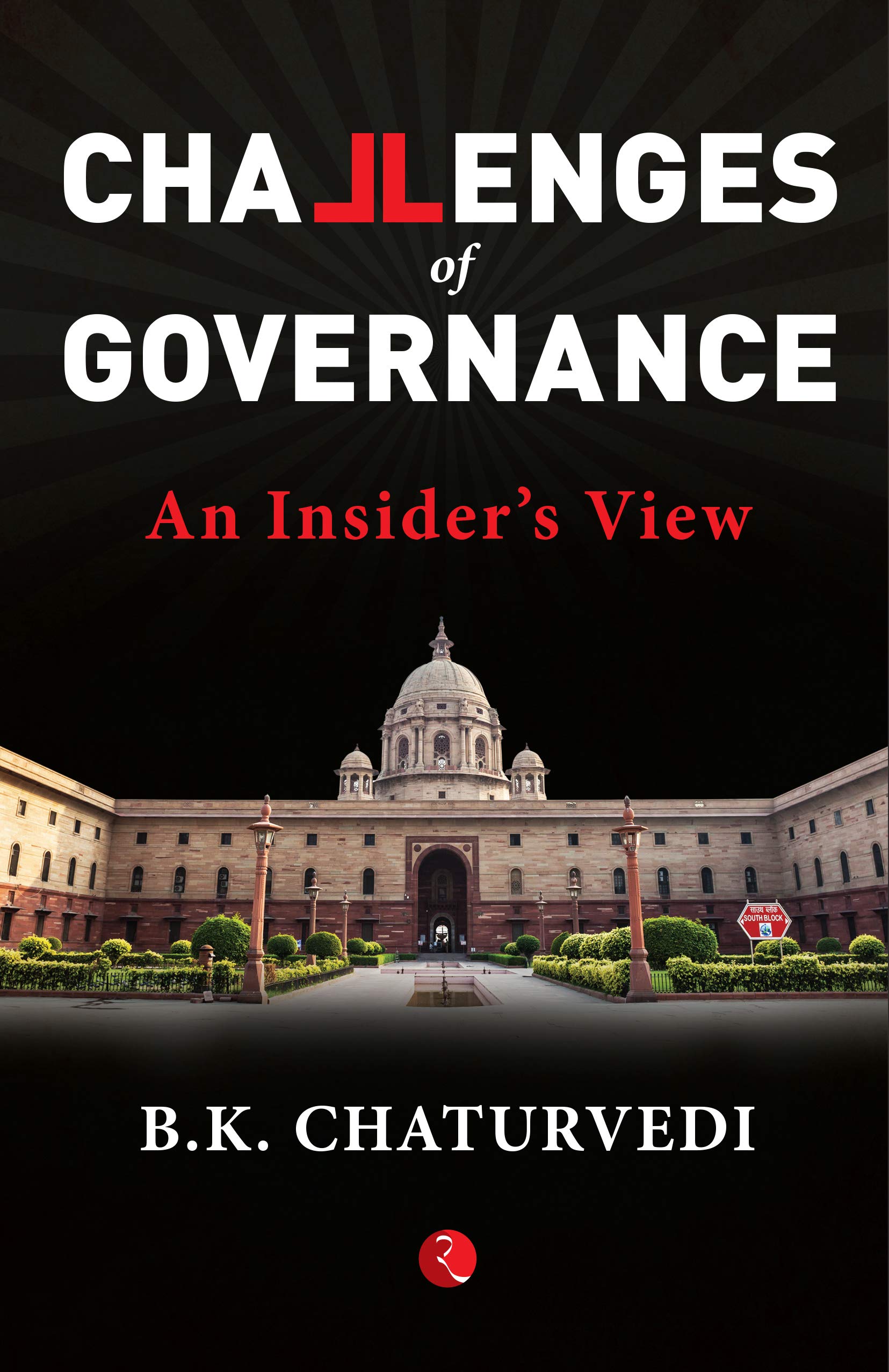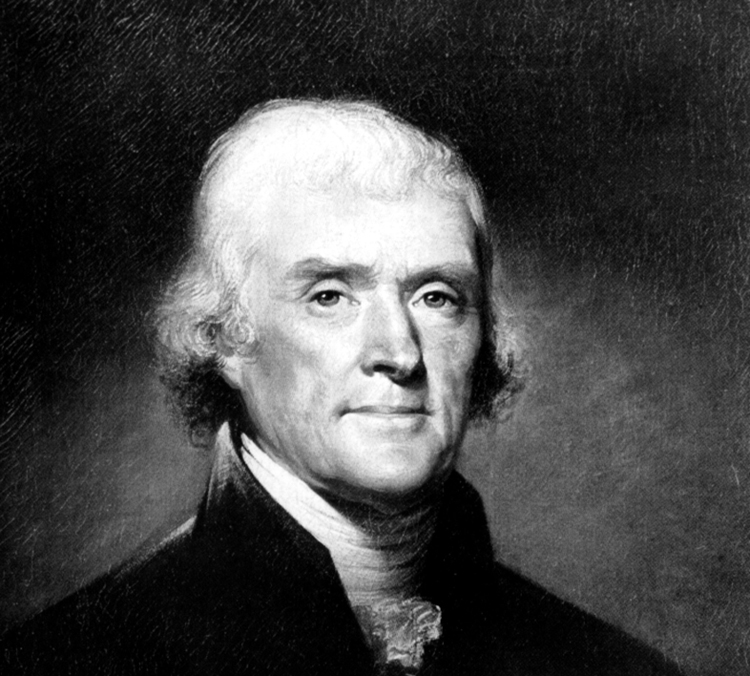Paul Zacharia’s novel, A Secret History of Compassion, provokes, once again, the singularly clichéd debate about ‘art for art’s sake’. It explores the act of writing both as a metaphysical experience and a metanarrative of suspicion that is at the heart of the act of living. However, the postmodern self-reflexivity that Zacharia weaves throughout the narrative is not new, and most seasoned readers will grasp his technique at the very outset.
What is new, however, is its overuse. The author wrings the technique dry, as if this is his ploy to deconstruct the claim of the ‘meta’, to reinforce that the farcical cannot be an end in itself. In spite of an apparent linearity, the narrative implodes in all directions, unsettling the very act of storytelling, rendering form as meaningless as content. If this is a political act, as the writer would probably have us believe, it fails. It fails because the promise of a distinctly political opening gambit is lost in the maze of a gymnastic that so engrosses the practitioner that he forgets why he had chosen it in the first place. The novel is a phantasmagoria, but it falls miserably short of its political intent.
The act of writing an essay on compassion, commissioned to a bestselling pulp writer by the communist party is at the heart of the narrative. The author, called Lord Spider, is assisted by a surreal amanuensis, an executioner by the name of Jesus Pillai, who appears to the author in the form of a crow, but can transform himself into a human form, or a bat, as the need of the moment demands. The ‘big question’ that Zacharia makes Spider ask is: “If it were indeed true that Mr. Pillai could change himself into a bird and fly in the sky, how did he account for the clothes, the bag, the diary, the pen etc., which he had on him?” The answer, says Pillai, is surprisingly simple: “When I undergo conversion as a bird or a bat, the objects I have on me also become convertible and portable. They somersault into the realm of philosophy and become pure ideas — shirt-idea, rubber-slipper-idea, bag-idea, pen-idea etc.” The reader will know what the author is getting at. The tropes are well-worn, and the unpredictable is caught in a symptom of novelistic practice that has been churned by masters of the art. One will remember, without effort, a Márquez, a Rushdie, a Kundera. And the hope will be of a story told to perfection, a magic woven into the magic-real, a telling so original that it is comparable.
Zacharia is too much in love with his smart lines, too busy in his little anecdotes, too engrossed in congratulating himself for his artistry to care for being the master storyteller. The critic is rarely a compassionate reader. Somewhere down the line he will use the ‘compare and contrast’ mode, and point out the lack in Zacharia. There is a lot of unnecessary ramble, and a congratulatory mode from which the author is unable to detach himself. Zacharia admires his narrative and pats his own back. The novel suffers in unease. It is not a good first novel. It is not a good attempt either, engrossed in a loquacious advertisement of techniques celebrated in creative writing schools. Fittingly perhaps, the cover design shows little engagement with the story, is uninspiring and forgettable.
A Secret History of Compassion; By Paul Zacharia, Context, Rs 699












